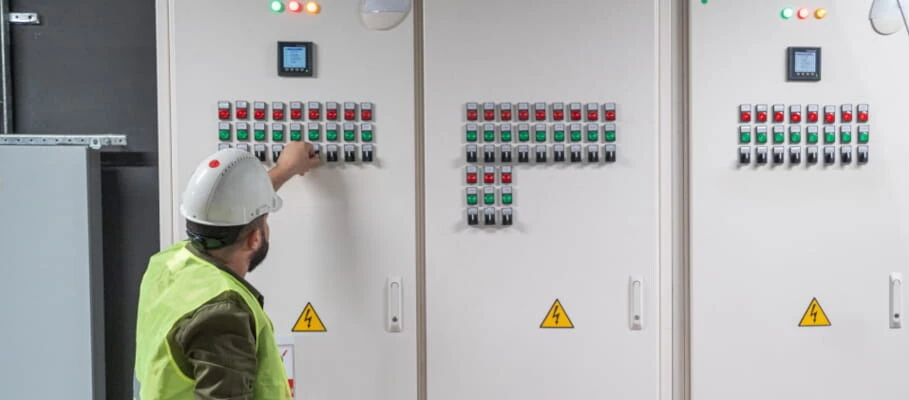An increase in demand, a decrease in supply
Electricity and natural gas prices were cheaper in 2020 as a result of the pandemic, which slowed down economic activities. However, the problem began when temperatures in the winter of 2021 were higher than expected, inadvertently leading to a higher than usual demand in power to warm up buildings. This alone caused up to a 30% depletion in EU gas reserves. Furthermore, the rush to economic recovery from the pandemic following a year of lockdown caused an unusually high demand for energy, which also skyrocketed energy prices. In June 2021, Asia’s demand for energy increased as they joined the post-pandemic economic recovery rush. By August of the same year, Northeast Asia was getting an estimated £9 per million British thermal units.
Regardless of the increase in demand, supply from Russian pipelines have decreased while Algerian and Norwegian pipeline supplies have stayed relatively the same. This increase in demand caused a significant decrease in the availability of gas in Europe, which also affected energy prices.
Rising energy prices: a problem for households and businesses
It's easy to imagine how the hike will affect individuals, especially people in low-income households. They may have to cut down on how much energy they spend by reducing their screen time and how often they use their refrigerator, which may lead to more spoilt foods and drinks. However, individuals and households aren't the only affected parties. The effect of the increment on SME and SMBs in Europe, especially in the UK, is immense, especially considering the recent events of COVID and Brexit.
For one, the price increase would make businesses spend more on their monthly utility bills. According to a 2022 study by Cornwall Insights, SMEs have paid more for gas in the first three months of 2022 than they paid in all of 2021.
Another survey by Tyl by Natwest shows that up to 65% of SMEs are directing 20% of their total revenue on energy, with up to 80% spending up to 35-50%. Businesses that were spending about £3,507 on energy may end up spending up to £5,40, a 54% increase. This has a direct impact on their businesses, especially if they already have lesser profit margins and tight cash flow.
6 million professional buyers are waiting for you!
Present your product range online to buyers and make sure that your company is visible to the right people. Expand your international internet presence with the leading B2B platform in Europe. With a free profile on europages!
Energy-efficiency: options for SMEs
Small businesses would also be at a competitive disadvantage with big companies. Despite small enterprises accounting for 99% of all the businesses in the UK, they are not properly positioned to accommodate an increment in running their businesses because of their tight profit margins and low cash flow. At this rate, SMEs may have to hike the prices of their products. It may lead to consumers opting for cheaper alternatives from bigger corporations that can afford to accommodate high energy bills without altering the prices of their products.
The next right thing for SMEs to do is to find ways to manage their electricity usage. In regions like Yorkshire, they spend £5000 on electricity tariffs yearly. However, there are government grants and loans available for them to scale through the hike. So, check in with your region to see if they have grants or loans for businesses.
It’s important to make moves to intentionally reduce your carbon print because the government doesn’t have plans that directly benefit SMEs at the moment. You can start by being energy-efficient: don’t leave computers on standby overnight, use energy-efficient light bulbs, complete energy audits, use double glazing and insulation to minimise heat loss and so on. These will help save charges on electricity. You can also reduce the thermostat by at least 1 degree celsius, potentially saving 8% of your energy unit. Other small solutions include moving to a hybrid approach so that not all employees are always in the office, and even reducing your office space, which consequently reduces heating costs.
More ways to beat the energy price hike
Freelancers can also be protected from the price hike. If they are on the residential electricity tariff, they can benefit from the £350 rebate which is aimed at reducing the 54% increase in household energy prices.
British Gas and the National Grid have been privatised for the past 30 years, and you can leverage this. Many suppliers offer various new customer discounts, which you should take advantage of by changing your supplier.
You can also talk to your current supplier to give you a flexible payment plan. So you won’t have to cut down on how much energy you get, but you also get to pay at your own pace. It can help you save more money by ensuring you don’t run solely on your profit. Plus, you won’t incur debts as paying in instalments will help you carefully plan your expenses.

